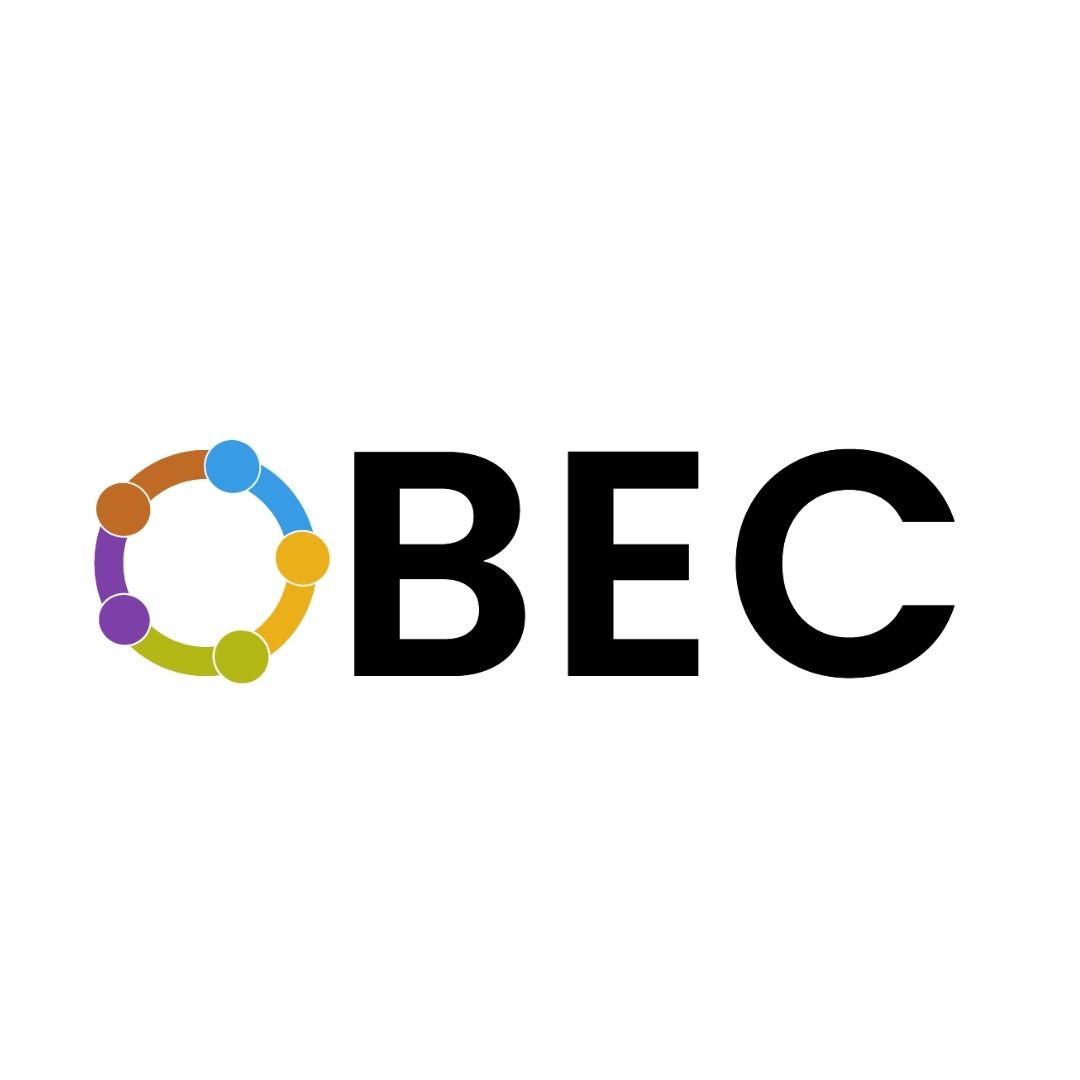What is OBEC?
Before we look more in detail at the testing phase of the project, it might be useful to remind our readers of the project more generally speaking. OBEC is an innovative project that aims to explore the potential of Blockchain technology to prove competency development and recognition of skills and qualifications by creating an innovative system to issue and validate learning credentials on a trial basis. This is to combat the difficulties and hurdles that individuals moving to another country or around countries face in the validation of their qualifications.
Testing phase
Following the training of trainers, the definition of the methodology and structure of the course as well as the badge system to certify the skills and qualifications, the Consortium examined the real possibilities of Blockchain technology to issue and validate certifications in a simple small-scale trial by conducting courses throughout a training programme of at least 24 hours of duration to acquire self-employment and other soft and technical skills, as well as knowledge related to the use of digital tools and Blockchain technology within the educational field. Each partner was responsible to implement this training in their facilities.
Training courses
EURADA organised two modules on the platform Zoom. The Erasmus+ team opted for remote teaching, due to the COVID-19 measures, including social distancing, still being in place at the time the course was organised. The first module “Create your Business Idea and Plan” took place between 8 and 10 March. The second module “Working in a Circular Economy Context” took place between 15 and 17 March. The sessions were held between 9 AM and 1 PM and consisted of a total of 24 hours.
EURADA is now pleased to announce that the recordings of these training sessions will be published for self-study purposes over the summer on EURADA’S YouTube channel. For more information about the training courses of project partners, please find the third partnership press release at this link.
Outcomes of the testing phase
Currently, the accurate evaluation process is running by collecting relevant feedback from stakeholders, allowing them to express their opinions regarding the courses and the project in general. Specific questionnaires and video interviews have been designed for this purpose. In total 57 learners applied for the training courses where 11 speakers shone a light on the aforementioned topics.
In the questionnaire, the majority of learners mentioned having experienced difficulties acquiring recognition and or validation of their competencies whereas they recognise the benefits of attaining a certificate of participation on a platform such as ECTA to increase their position in the labour market.
Questionnaire entries conclude that the large majority of learners were satisfied with both training courses. Learners enjoyed the all-around approach to the topics, the interactive element of the training courses and the practical approach to the subjects.
During the video interviews, most of the speakers expressed their satisfaction with the course as well. They mentioned fruitful cooperation with EURADA staff and participants. Many trainers expressed interest in participating in future courses. The interviewed trainers were intrigued by the use of Blockchain technology to issue and store the educational credentials tied to the courses.
ECTA platform
Upon completion of the training courses, participants received their educational credentials together with the accompanied competencies on the Blockchain platform ECTA. This platform has been developed for the standardisation and simplified issuance of competencies that can be used in diverse ways for different levels of integration, with the ECTA portal being only one of the ways of integration; the issuance of competencies in the Blockchain can be used by the institutions that issue competences/certificates:
companies to monitor the development of their employees;
leading partners to monitor the development of their stakeholders;
educational institutions to monitor the educational proof and progress of their students;
to keep track of the development of any recipients of competencies.
Learn more about the use of Blockchain technology for educational credentials in this past article of EURADA News here, or visit the ECTA platform here.
Questionnaire results show that a large majority of 88.9% of respondents mentioned being satisfied with the certification of acquired competencies validated on the ECTA platform. However, there were also suggestions when it comes to the user-friendliness of the platform.
The next steps
The upcoming transnational project meeting and joint staff training in Urbino and Bologna, Italy in early May will bring out these findings formally. Besides the feedback and conclusions gathered from the testing phase, project partners will also display video materials produced during and after the training courses.
EURADA is actively committed to providing information, inspiration and support for the development of a broader system of credentials utilising Blockchain technology. Our association’s main responsibility is now to underline the EU perspective in this matter together with organising the multiplier and final event of the OBEC project in Brussels later this year.
Conclusions and recommendations will be delivered through final outputs. May you have any questions regarding the OBEC project, Blockchain technology or the ECTA platform, feel free to contact Erasmus+ Junior Project Officer Jip Lenssen or visit the project’s website at this link.
